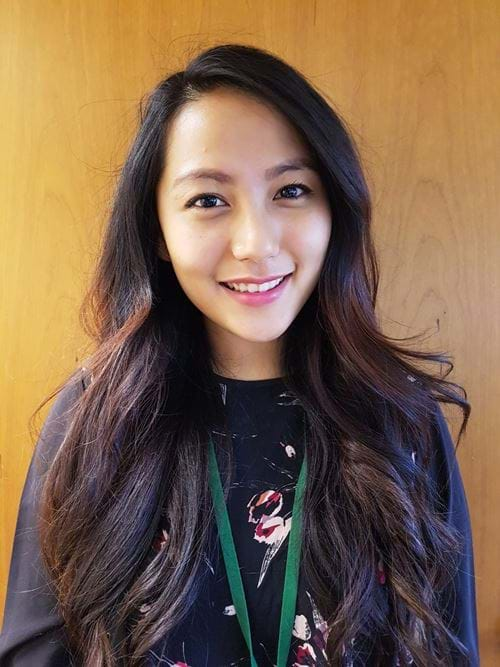As a direct result of my year-long placement, I was offered a place on Air Products’ graduate scheme. I completed my Master’s in June 2015 and started work that August. The graduate scheme at Air Products is a five-year programme where graduates rotate through five different job roles; I’m currently on my second. For the first year I worked as asset management & efficiency engineer, which saw me monitoring and managing the efficiency of all our air separation plants across Europe and, since September, I’ve been working as an equipment engineer, supporting the whole European arm of the business by designing new equipment to meet project demands.
This approach appealed to my desire to not define myself too early on. It is giving me the opportunity to sample lots of different roles before I choose what I want to do permanently. It’s also helping me to build up a portfolio of skills so that I can demonstrate the core competencies necessary to achieve Chartered status by the end of the five-year scheme.
I’m really grateful to have ended up at Air Products, with a varied and exciting career ahead of me. I couldn’t have asked for anything better. Looking back to the room full of boys in my BTEC classroom, I’m relieved my 15-year-old self was able to hold out; it would have been easy to quit but my education, career, and life would’ve been drastically different than it is now.





